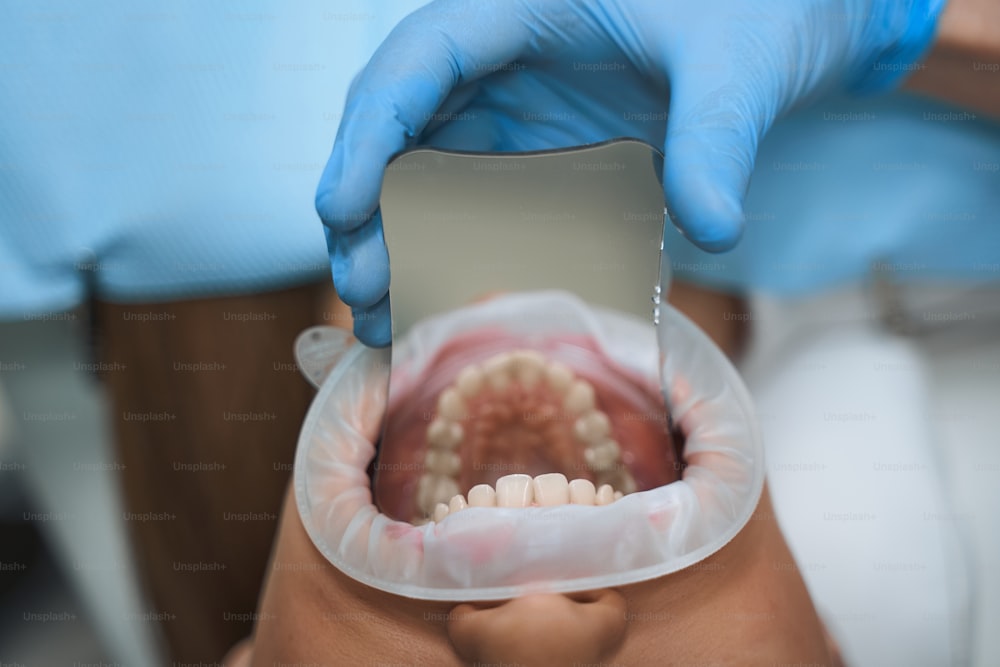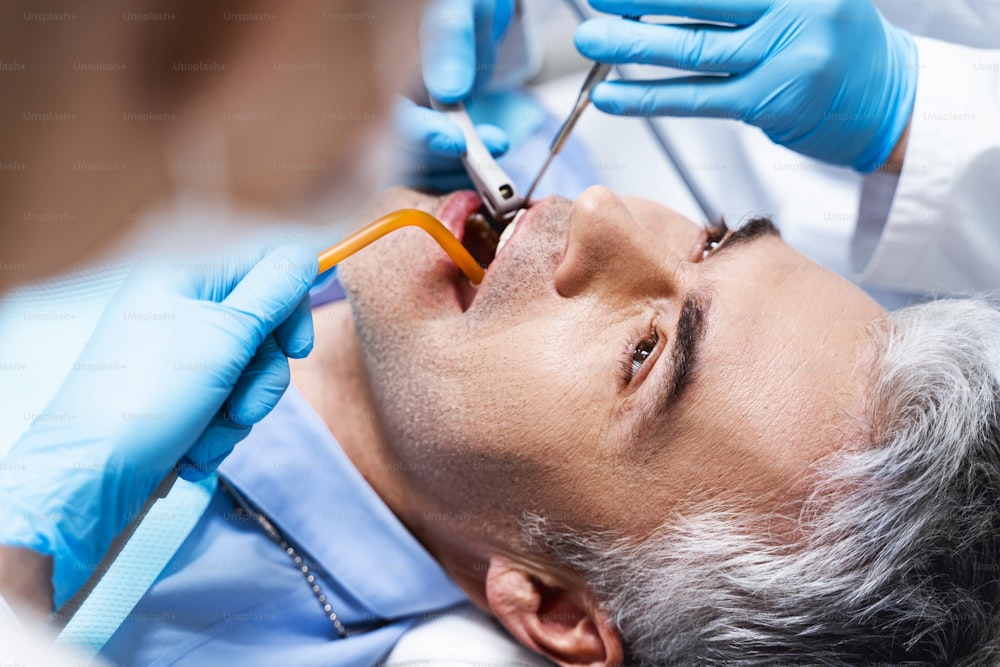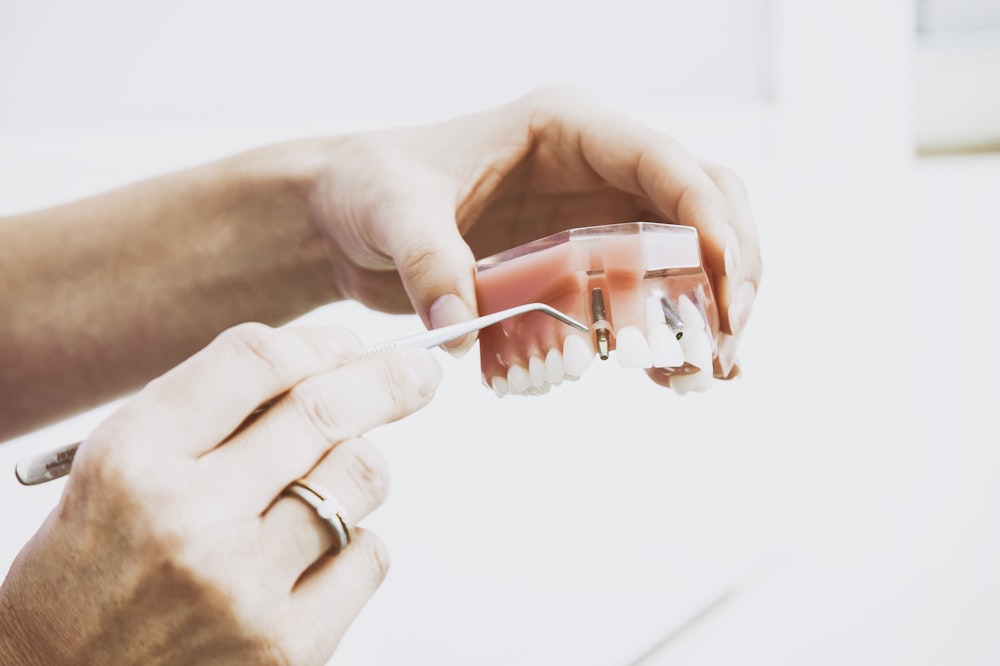Dental Implant Galena OH - Best Dental Implants near Ohio
When figuring out what kind of anesthesia is used for dental implants, it turns into important to discover numerous options obtainable to sufferers. The alternative of anesthesia can considerably impression the consolation of the procedure, the overall experience, and the speed of recovery.
Local anesthesia is probably the most commonly used type for dental implant surgeries. In this methodology, an anesthetic agent is injected close to the surgical site. Local anesthesia effectively numbs the focused area, permitting the oral surgeon or dentist to carry out the process with minimal pain to the affected person. It is useful as a outcome of sufferers remain fully awake and aware all through the method, fostering a way of control.
Sedation dentistry presents another method for many who might feel anxious about the process. Sedation can vary from delicate to deep, allowing sufferers to loosen up while their implants are placed. Different ranges of sedation could be achieved through oral sedatives, nitrous oxide, or intravenous methods. The level of leisure can be tailored to the particular wants or nervousness levels of the affected person.
Dental Implant New Albany OH - Dentist near Ohio

Nitrous oxide, commonly known as laughing fuel, is a well-liked selection for dental procedures, together with implants. This type of sedation works shortly, permitting sufferers to really feel relaxed and euphoric. Administration is handy, because the gasoline is inhaled by way of a masks positioned over the nostril. Patients can usually resume regular actions shortly after the process, making nitrous oxide a favourite among both dentists and patients.
Another option is oral sedation. This technique includes taking a prescribed sedative before the appointment. Patients usually feel sleepy and fewer conscious of their surroundings whereas nonetheless having the flexibility to talk with their dental team if needed. While oral sedation is efficient, its onset and length can vary from person to person, so dentists must consider individual needs rigorously.
Intravenous (IV) sedation offers deeper ranges of sedation, perfect for longer or extra advanced procedures. This methodology allows for rapid adjustment of sedation levels, as the anesthetic is administered directly into the bloodstream. Patients in this state may feel extremely relaxed and might not keep in mind the procedure afterward. IV sedation sometimes requires a more in depth recovery period compared to native anesthesia alone.
Dental Implant Sunbury OH - Implant Dentist
General anesthesia, although generally reserved for extra invasive surgical procedures, can be thought of for dental implants in specific situations. This kind of anesthesia induces a state of full unconsciousness, requiring close monitoring by an anesthesiologist. General anesthesia is suitable for sufferers with extreme anxiety, those that have difficulty sitting nonetheless for prolonged durations, or when multiple procedures are carried out concurrently.
The selection of anesthesia may also rely upon the patient's medical historical past and any underlying health conditions. Some diseases might increase the chance of problems throughout anesthesia. Detailed discussions between the affected person and the dental group can lead to a personalized anesthetic plan that ensures safety whereas enhancing comfort.

Many patients categorical concern concerning the unwanted effects associated with anesthesia. While unwanted facet effects can differ based mostly on the sort used, most native anesthetics present minimal risks. Common issues embody momentary numbness and swelling close to the injection web site. For those that go for sedation, side effects may encompass drowsiness, dizziness, or nausea.
Recovery time also performs a job within the alternative of anesthesia. Local anesthesia usually permits for a faster recovery, enabling sufferers to renew normal activities within hours. Sedation read review methods may require extra time for the treatment to put on off, necessitating preparations for transportation post-procedure.
Dental Implant Centerburg OH - Dental Services
The importance of communication between the patient and the dental practitioner can't be overstated. Sharing issues and preferences permits for a tailored anesthetic approach. A thorough analysis helps to establish essentially the most acceptable kind of anesthesia to make sure both consolation and effectiveness through the dental implant procedure.
In addition have a peek at this website to consolation and safety, the overall success of dental implants may also be influenced by the selection of anesthesia. The results of anxiety on the physique can complicate surgical procedures and lengthen recovery occasions. Therefore, a proper anesthetic plan performs a crucial function in not only immediate consolation but also the long-term success of the dental implants.
Patients must be prepared to debate their medical history, anxiety ranges, and personal preferences when consulting a dentist for dental implants. This open dialogue permits the practitioner to create an anesthetic strategy that fits the individual whereas ensuring the process runs smoothly and efficiently.
The quest for a pain-free dental implant procedure could be daunting for lots of. The varying forms of anesthesia create choices that may fit particular person wants, lifestyles, and luxury ranges. The proper selection of anesthesia can flip a probably stressful dental go to right into a extra manageable experience.
Dental Implant Alexandria OH - Oral Surgery
In conclusion, understanding what type of anesthesia is used for dental implants is essential for sufferers getting ready for the procedure. From native to basic anesthesia, each technique has its benefits and issues. With a big selection of options out there, sufferers can work closely with their dental group to determine the most effective method, enhancing not only consolation but in addition the likelihood of a profitable outcome. Ultimately, the number of anesthesia immediately impacts both the experience during the procedure and the general satisfaction with dental implants.

- Local anesthesia is predominantly used for dental implants, offering targeted numbing to the surgical web site while allowing the patient to remain fully acutely aware.
- Common local anesthetics embody lidocaine, articaine, and mepivacaine, each chosen for his or her effectiveness and duration of action.
- Sedation dentistry may also be employed for patients with anxiety, often using reasonable sedation strategies like nitrous oxide or oral sedatives.
- General anesthesia may be an possibility for complex instances or in patients with severe anxiousness or special wants, guaranteeing a very unconscious state.
- The choice of anesthesia is dependent upon the affected person's medical historical past, level of tension, and complexity of the implant procedure.
- During the process, monitoring of important signs ensures the affected person's security and luxury ranges are maintained.
- Post-surgery, sufferers are sometimes given directions relating to pain management, which can include over-the-counter pain relievers alongside instructed dosages of local anesthesia.
- The use of anesthetic brokers can vary based mostly on particular person responses, necessitating a tailored approach from the dental skilled.
- Some dental practices might offer virtual actuality or distraction strategies to assist sufferers manage anxiousness alongside anesthesia options.undefinedWhat type of anesthesia is used for dental implants?
Dental Implant New Albany OH - Implant Dentist
What is the commonest sort of anesthesia used for dental implants?undefinedThe most common type of anesthesia for dental implants is local anesthesia, particularly lidocaine. Dental Implant Galena OH. This numbs the surgical space to attenuate pain during the procedure.
Can I request sedation for my dental implant surgery?undefinedYes, many dentists supply sedation options, similar to oral sedation or nitrous oxide, for sufferers who really feel anxious or prefer a more relaxed expertise throughout dental implant surgery.
Dental Implant Johnstown OH - Oral Surgery
Will I be awake during the dental implant procedure?undefinedIf local anesthesia is used, you'll be awake however numb in the treatment space. If sedation is chosen, you could be in a light-weight sleep and never fully conscious of the procedure.
How long does the anesthesia final during the procedure?undefinedThe results of local anesthesia usually last for 1 to 3 hours, depending on the particular medication used. However, the duration can differ based on particular person elements.
Dental Implant Hartford OH - Dental Services - Ohio
Are there any unwanted aspect effects of dental anesthesia?undefinedPossible unwanted effects can include short-term numbness, swelling, bruising, and, in rare circumstances, allergic reactions. It's important to discuss any issues along with your dentist beforehand (Dental Implant Columbus OH).

Can I eat or drink after receiving anesthesia for my dental implant?undefinedIt's best to keep away from consuming or drinking until the numbness has utterly worn off to prevent biting your tongue or cheek. Follow your dentist’s particular post-operative instructions for one of the best outcomes.
How is anesthesia administered for dental implants?undefinedLocal anesthesia is often administered through a small injection immediately into the gum tissue. Sedation options may involve inhalation or oral medicine that will assist you chill out before the procedure.
Do I need somebody to drive me residence after the procedure?undefinedIf you’ve received sedation, it’s really helpful to have someone drive you house, as you may feel groggy or disoriented. Local anesthesia alone usually doesn't require assistance.
Dental Implant Hartford OH - General dentists within 20 miles of Ohio
What if I even have a worry of needles?undefinedIf you have a worry of needles, focus on this together with your dentist. They can present methods to assist ease your anxiousness, such as utilizing topical numbing brokers earlier than the injection.